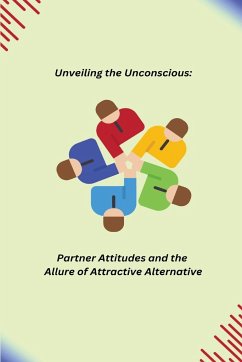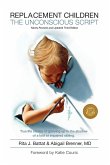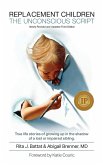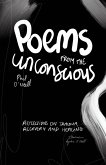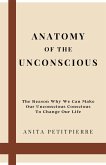The temptation of attractive alternative partners is a notorious threat to relationships. Individuals in committed relationships therefore employ cognitive strategies to resist the lure of attractive alternatives. The primary aim of this dissertation was to investigate whether implicit attitudes towards romantic partners were associated with automatic attentional biases regarding attractive relationship alternatives. The secondary aim was to replicate existing findings on attentional biases using a new set of photo stimuli. The study was completed online (N = 374) and assessed: (1) participants' implicit partner attitude; (2) participants' explicit partner attitude; (3) participants' relationship commitment, relationship satisfaction, sociosexual orientation and self-control; and (4) participants' tendency to automatically disengage attention from photos of attractive opposite-sex faces. Results indicated that individuals with more positive explicit partner attitudes were faster to disengage attention from attractive alternatives. However, contrary to expectation, individuals with more positive implicit partner attitudes were slower to disengage attention from attractive alternatives. Implicit partner attitudes were not associated with an individual's explicit partner attitude. As expected, higher levels of commitment and satisfaction were associated with reduced self- reported attention to romantic alternatives. However, commitment, satisfaction, and sociosexual orientation were unrelated to attentional disengagement. Surprisingly, results indicated that self-control was positively related to attentional adhesion for singles, but no such relationship was found for those in a relationship. The fact that both implicit and explicit partner attitudes were related to attentional disengagement, albeit in different directions, is suggestive of the important role of partner attitudes in attentional biases to attractive alternatives.
Hinweis: Dieser Artikel kann nur an eine deutsche Lieferadresse ausgeliefert werden.
Hinweis: Dieser Artikel kann nur an eine deutsche Lieferadresse ausgeliefert werden.

